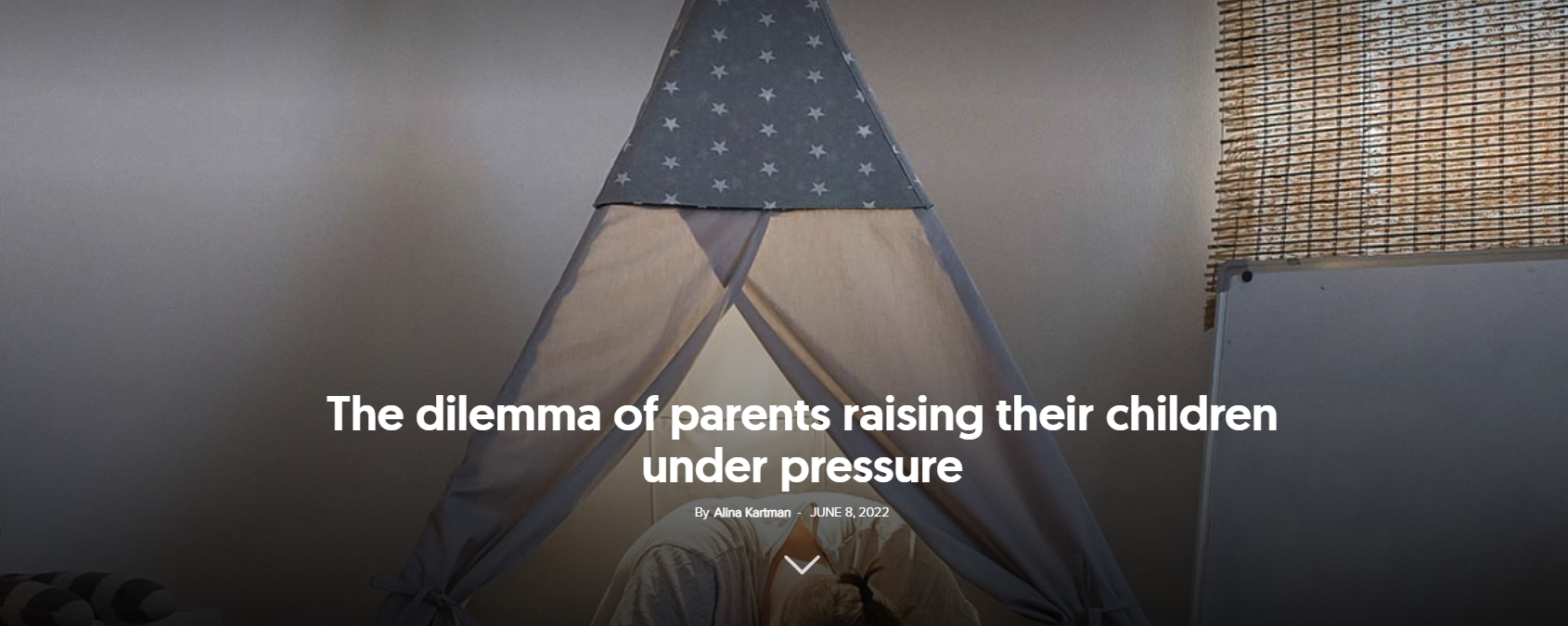Some say that of all the opinions we can have in life, the most important is the opinion about ourselves.[1]
– Mom, I want to be a teacher!
– What did you say? Did I hear that right? Alexander, you must become a doctor, just like your father!
– But I like literature. I want to be a teacher!
– What? Do you want to embarrass us?
– I don’t like medicine. I love poetry!
– I don’t want to hear you talk about poetry ever again! If you believe in yourself, you can become a successful doctor!
Self-confidence and self-motivation are determining factors of individual maturity and goal achievement, American author of motivational literature, Napoleon Hill, believed: everything a human mind is capable to conceive and believe can be accomplished.[2] Many opinion leaders (from politicians to spiritual leaders) now convey the idea that it is important to act so that you are not an effect but a cause.[3]
There is no “I can’t” because there are no limits. “Yes, we can!”[4] has become the winning slogan of contemporary social actors who are motivated by their IQs or self-confidence. With motivation, passion, patience, and efficiency, intertwined with high self-confidence, any person can move mountains, whatever they may be.[5] Even if they don’t get the exact desired result, they’ll still get closer to what they wanted, and that is what matters.
Overconfidence breeds monsters
But how far can self-confidence go? According to William Damon, director of the Center for Adolescence at Stanford University,[6] over 90% of young people impose self-confidence on themselves and fight hard to achieve their goals, only to fail miserably: only about 20% of today’s youth have developed a purpose in life; 25% have no long-term goals; and 25% dream of fantastic careers (movie stars, sports stars).
Failures usually occur when people’s expectations are too high, which leads to responsibilities for which they are not yet prepared (even if they cannot acknowledge this). On the other hand, overconfidence can lead to serious behavioural disturbances: a predisposition to excessive self-praise; the tendency to view oneself as superior to others; peer abuse; disregard for one’s flaws; and a high degree of criminality.[7]
Lastly, people who display overconfidence may end up posing a much greater threat to society than those at the other end of the spectrum because they are more likely to be racist, violent and criminal.[8] A study conducted at the University of Virginia on aggressive behaviour of all kinds—violence, rape, murder, juvenile delinquency, and so on—concludes that people who have too high a self-esteem are much more likely to match these patterns of behavioural deviance.[9]
The balance between believing you can do something and being able to do it
It is fair to say that most people are not overconfident, but rather suffer from a low level of self-confidence. However, the number of those at risk of being misled by the mirage of hubristic belief in their own strength remains significant and growing. Nevertheless, whether we are talking about excess or lack of confidence, ultimately, we are speaking of an unstable balance.
Being encouraged to push ourselves to achieve our goals is important, however, these ambitions must remain realistic and achievable. According to psychiatrist Henry Harcourt-Reilly,[10] accepting our limits is a healthy attitude, which helps us to build a balanced self-esteem.
Built in the right way, self-confidence and belief in our ability to exceed our limits can lead to emotional balance.
Motivation, behaviour, thinking patterns and lifestyle changes can help us reach goals and even exceed our limits, and such an attitude must always be promoted. However, there are unrealistic dreams that can never be fulfilled.
Some things do exceed our limits and cannot be accomplished, no matter how much we believe in ourselves and our ability to succeed. In the age of hypermarkets, hyper-offers and hyper-sensations, we don’t need hyper-confidence. This is just one of the hyper-errors of a world in which sensation and illusion sell better than reality and balance.




















